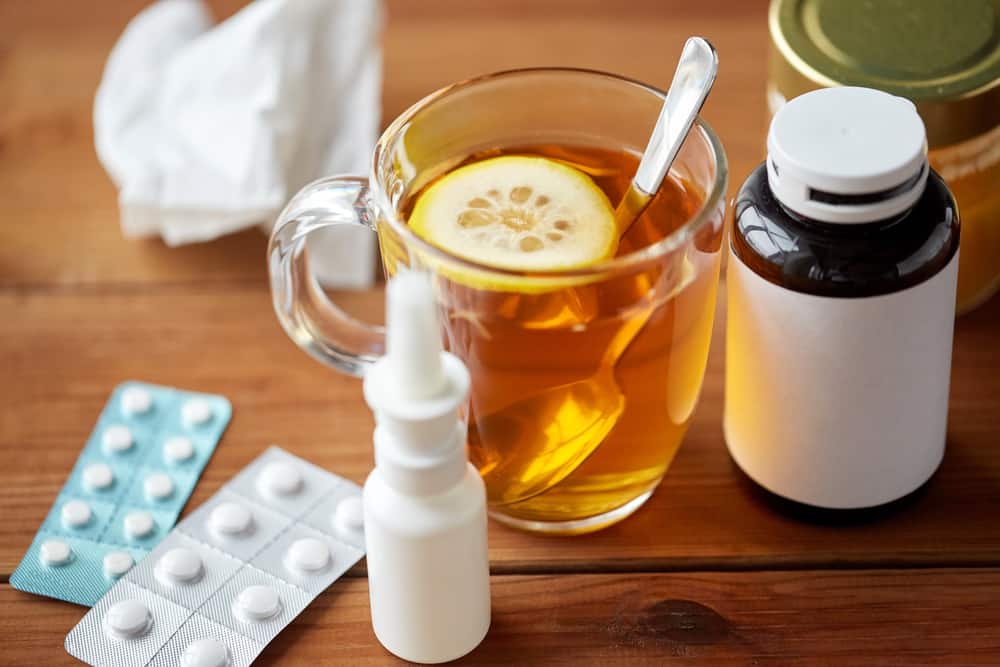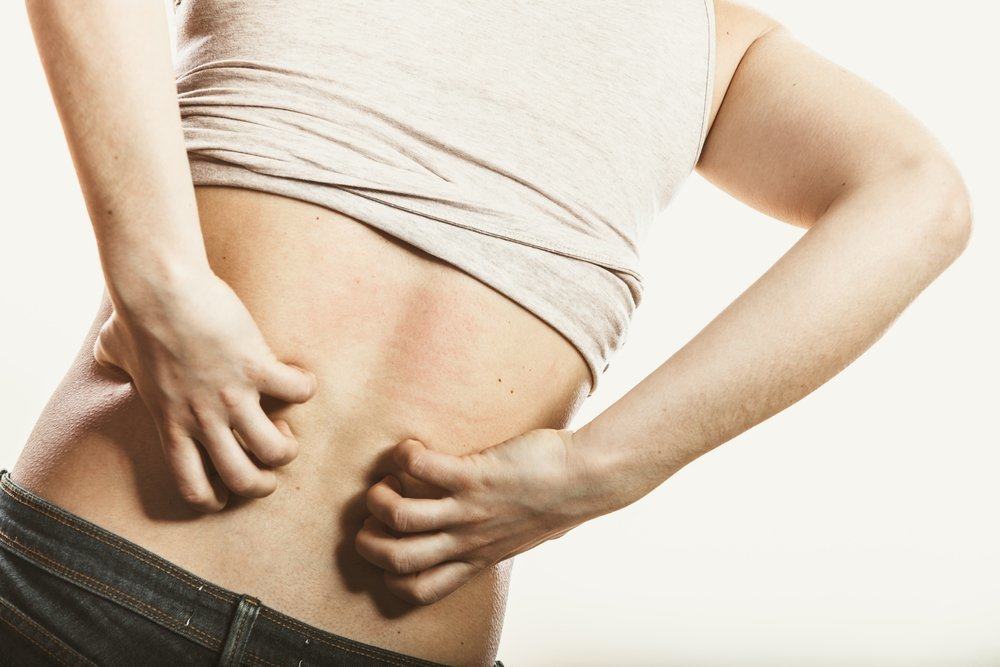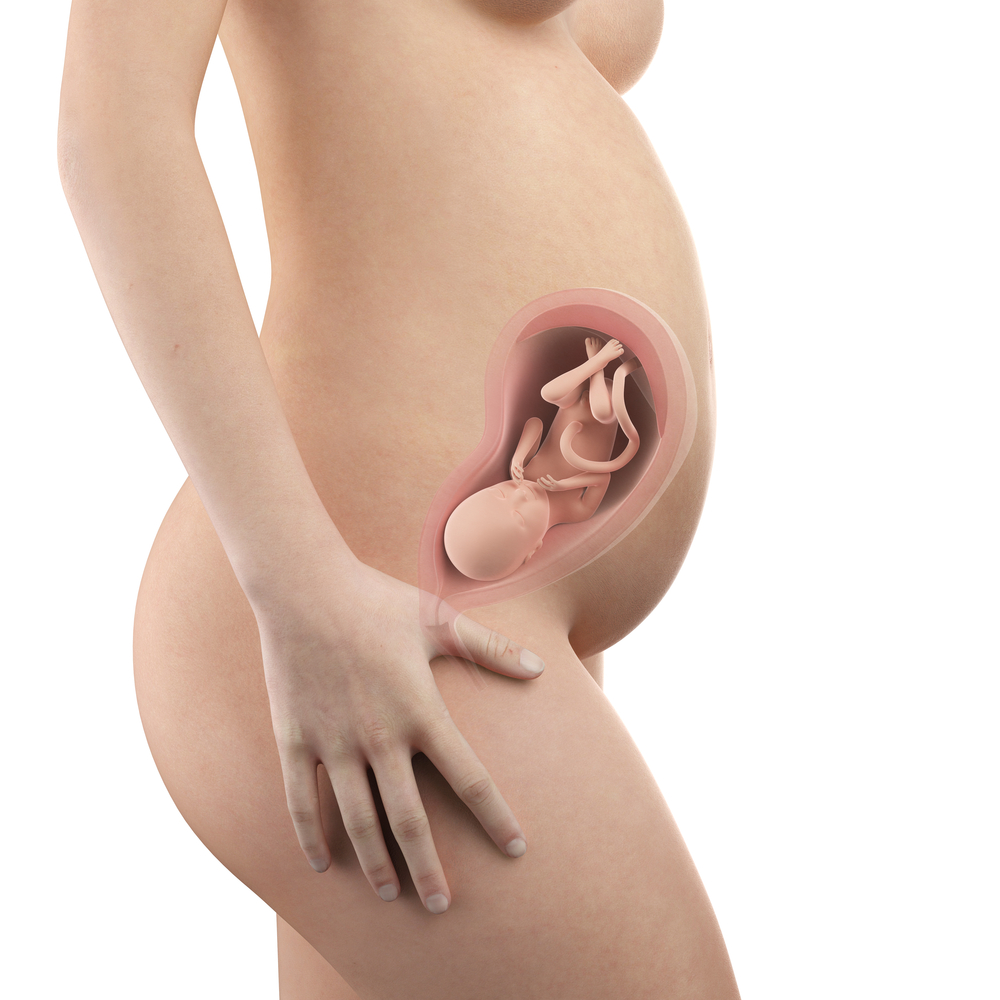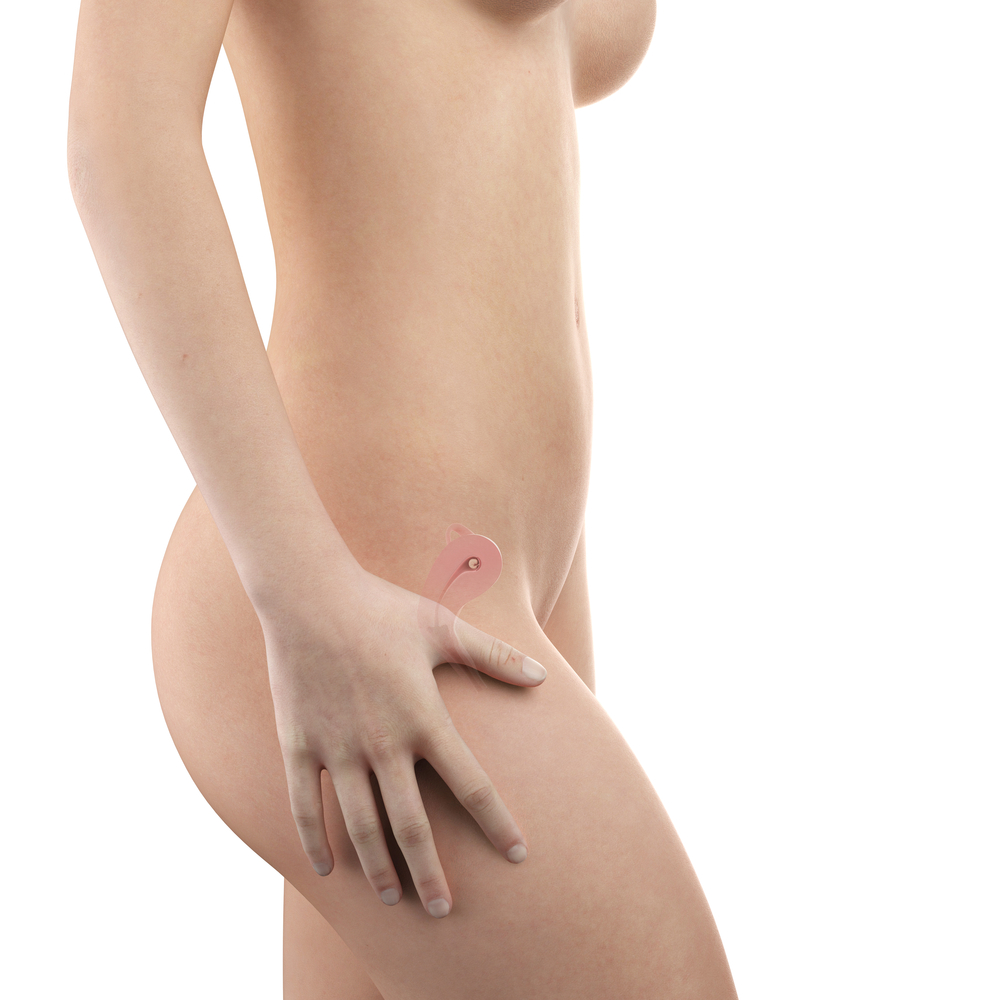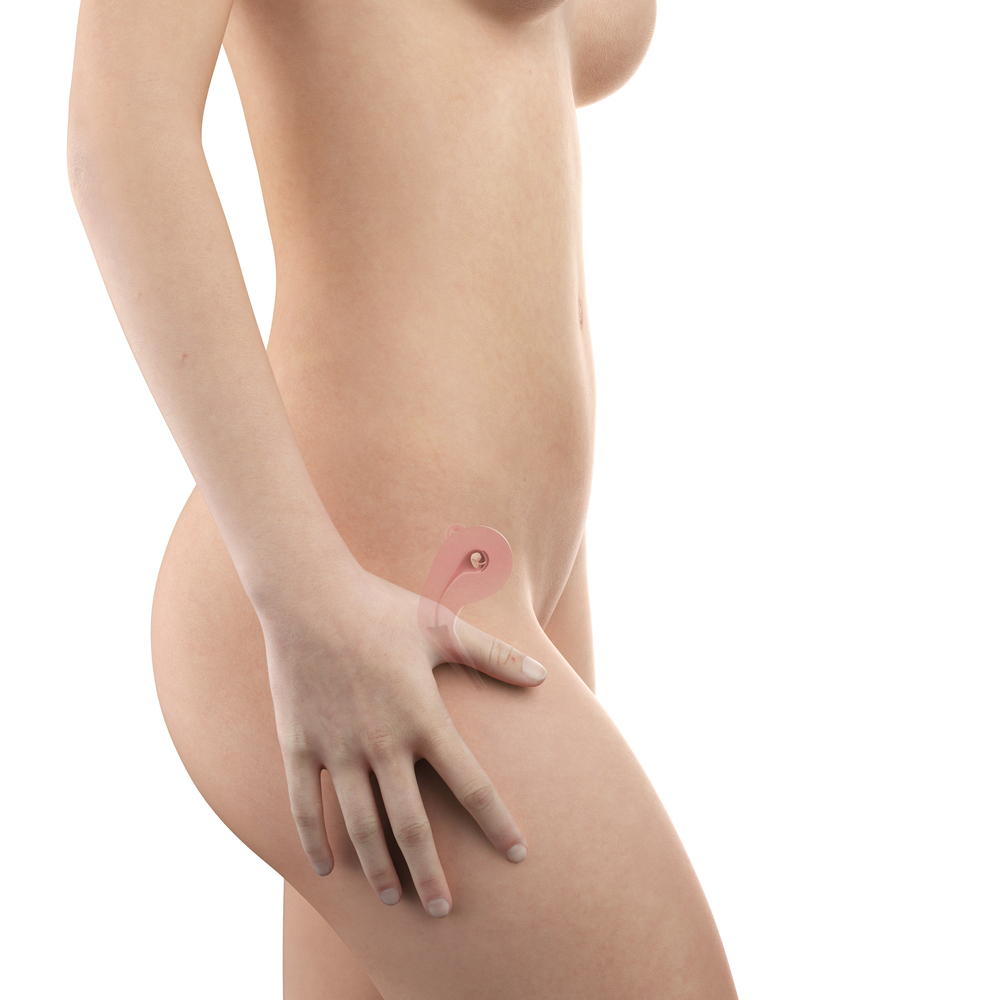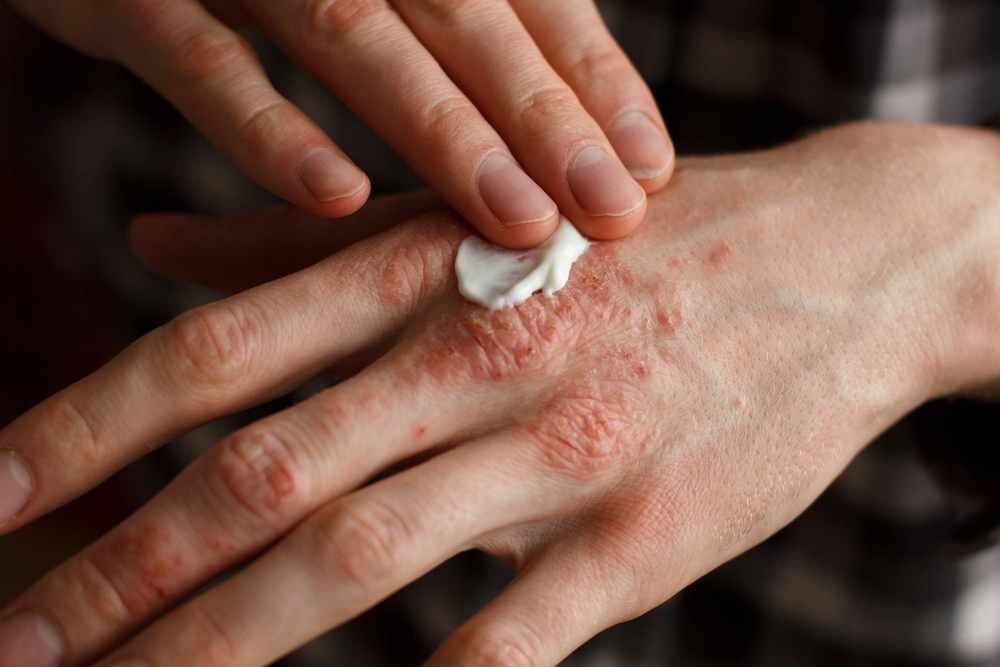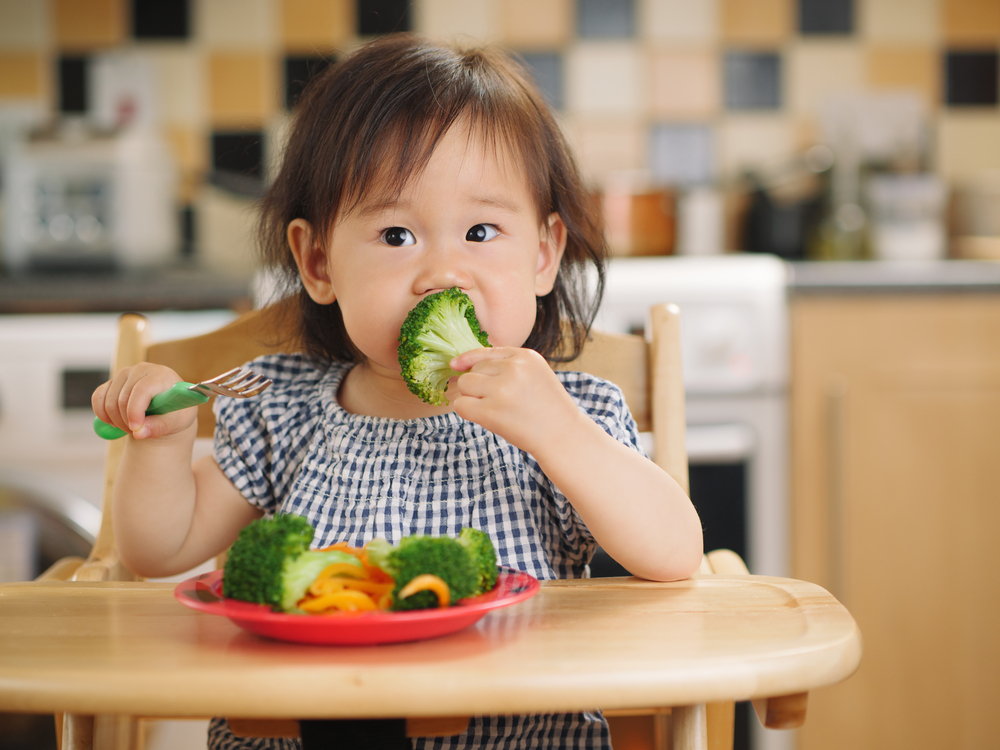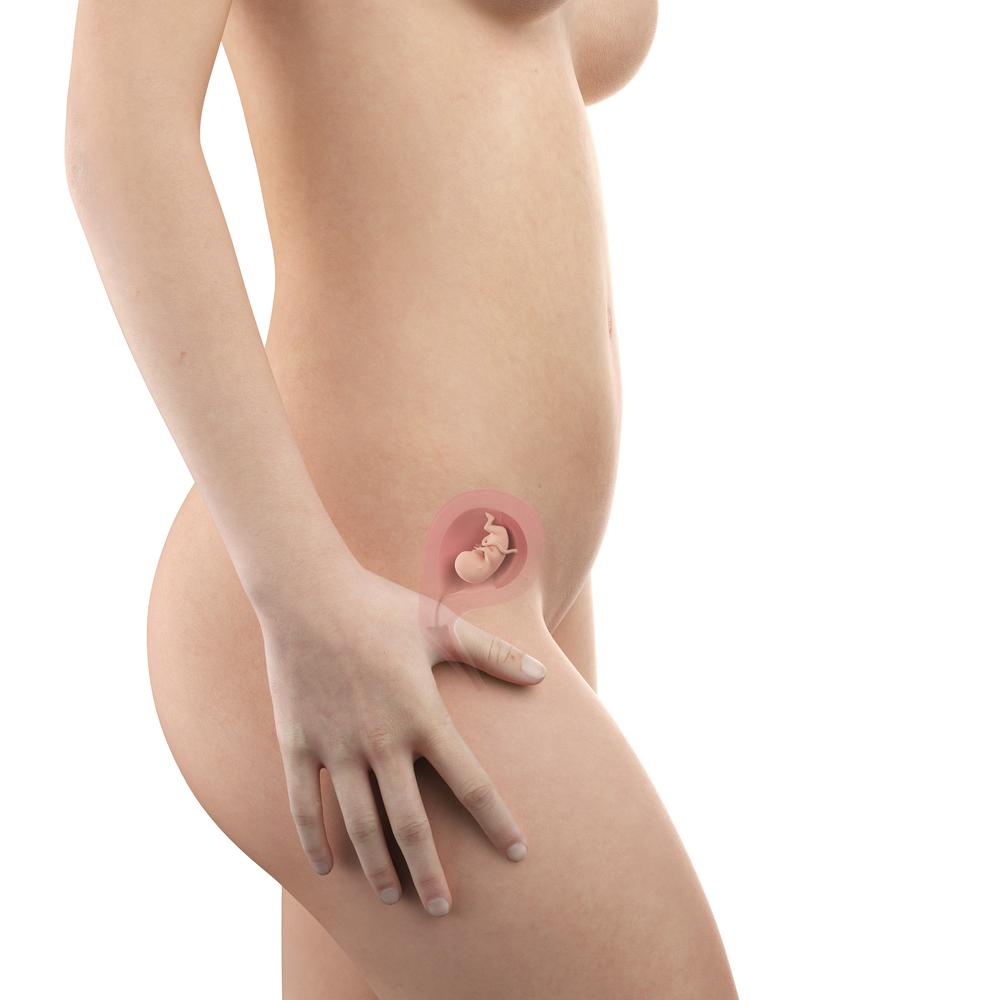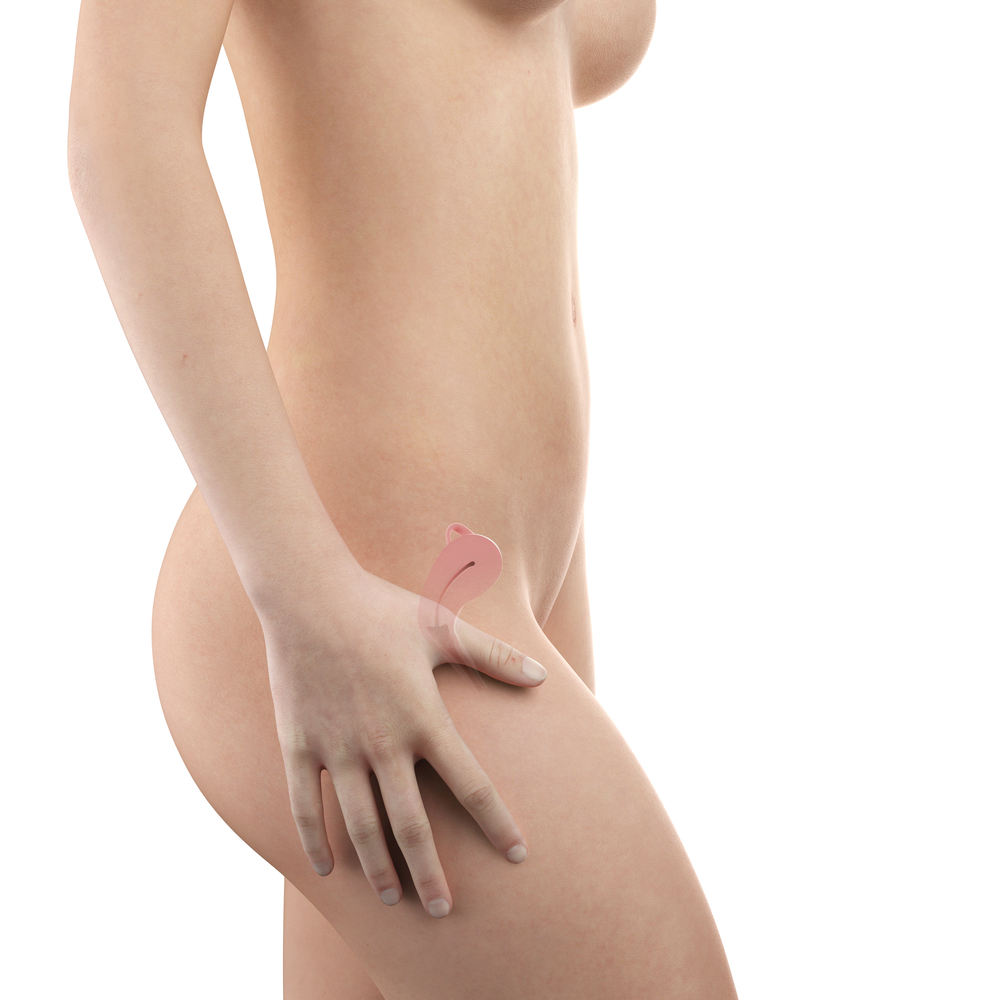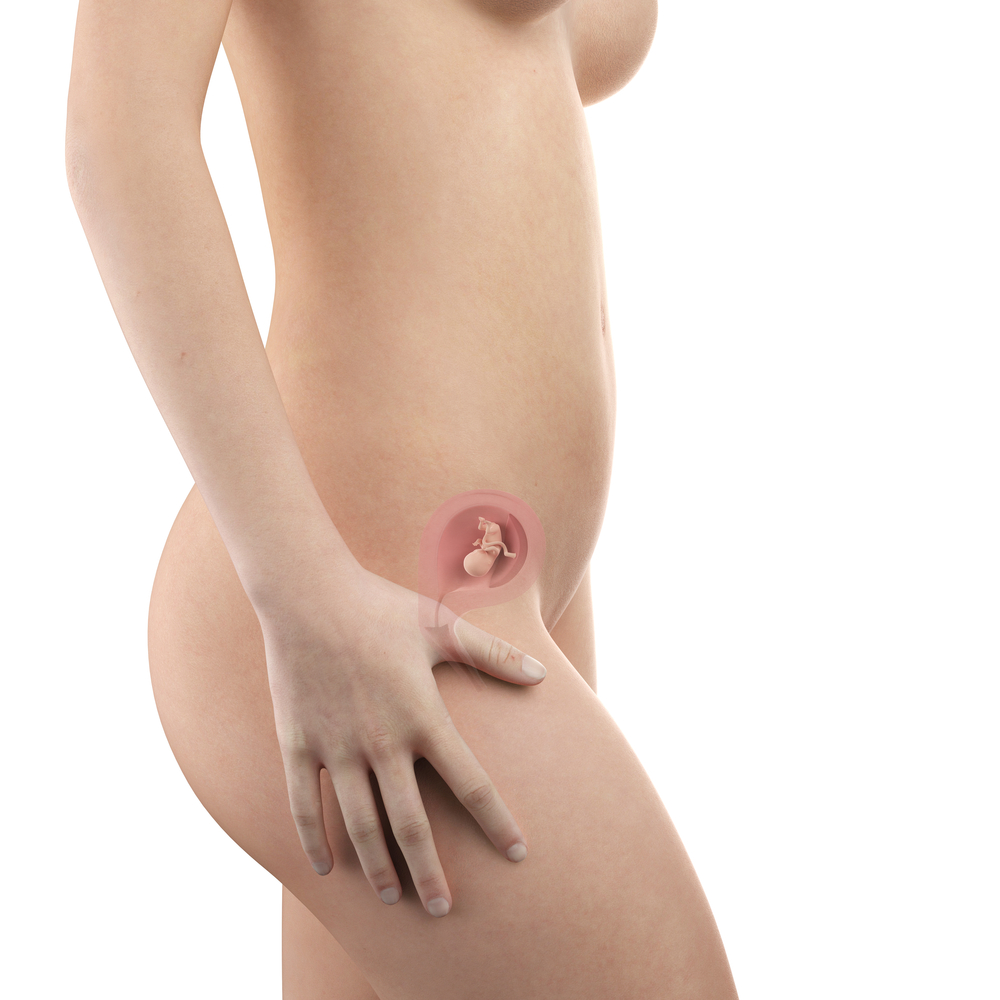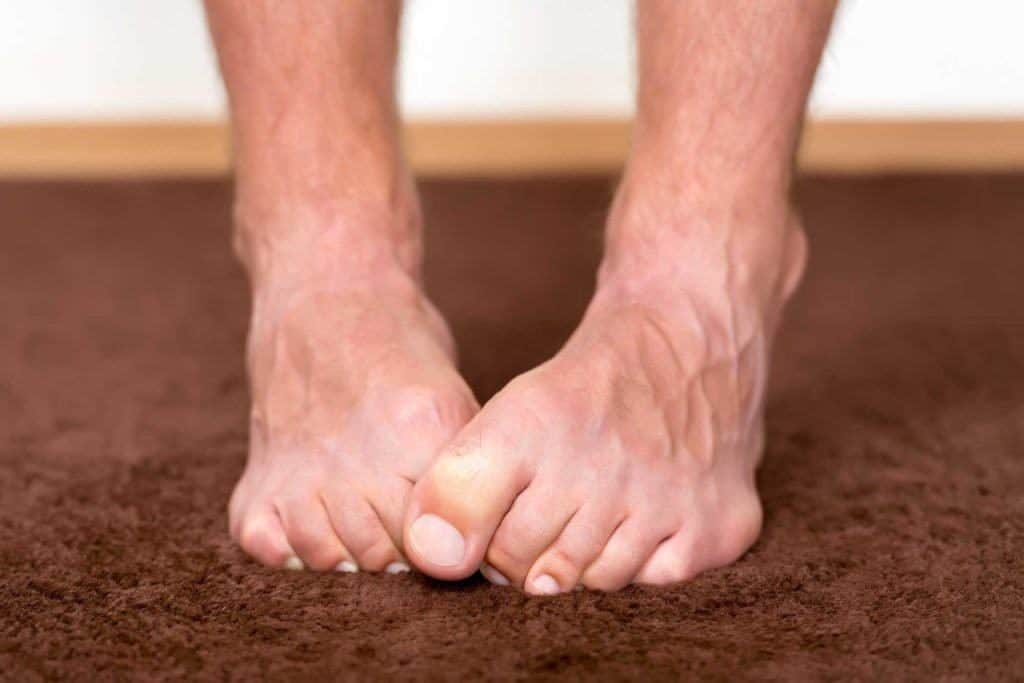Contents:
- Medical Video: If You’re On Any Of These Medications, DO NOT Use Apple Cider Vinegar
- Taking medication with warm tea is not recommended
- Medicines that should not be taken using tea
- Blood pressure-lowering drugs
- Blood thinning medication
- Family planning pills
- Herbal medicines and supplements
Medical Video: If You’re On Any Of These Medications, DO NOT Use Apple Cider Vinegar
Ideally, taking medication should be "rinsed" with gulps of water to maximize the efficacy of the drug. But there are also some people who take medicine with warm tea, whether it's fresh tea or sweet tea, to disguise the bitter sensation of the drug. However, is this method safe?
Taking medication with warm tea is not recommended
Taking medicine with tea can indeed help disguise the bitter taste of the medication consumed. Nevertheless, this is not recommended. Already many doctors and hospitals do not allow patients to take medication using tea, especially green tea.
In digestion, the caffeine compounds contained in tea can bind to medicinal chemicals, causing the drug to be difficult to digest. This effect of drug interactions with caffeine can reduce the effectiveness of drug action in the body.
In addition, caffeine can easily stimulate the central nervous system, causing nervousness, abdominal pain, difficulty concentrating, difficulty sleeping, increased heart rate, and increased blood pressure. The side effects of caffeine also further inhibit the drug from working effectively in the body to target the source of the disease.
A National Institute of Health study reported that taking amphetamine, cocaine, or ephedrine with green tea can cause harmful interactions for the body. The caffeine content in green tea (which is indeed higher than other types of tea) that interacts with these powerful drugs can make the heart beat faster so that it increases blood pressure.
Medicines that should not be taken using tea
There are a number of common medicines in the community that should not be taken with tea, including:
Blood pressure-lowering drugs
According to one study quoted from WebMD's website, drinking green tea can reduce the benefits of nadolol, one of the blood pressure-lowering drugs known as beta blockers. The study involved 10 participants who were given one dose of 30 milligrams of nadolol, some participants drank it with water and some with green tea. This method continues to be done sfor 14 days to see the different effects of green tea and water on Nadolol.
After examining the levels of Nadolol in the blood at the end of the study, the results showed that nadolol levels were seen to drop dramatically to 76 percent in the group who drank green tea. Nadolol which should work by reducing the workload of the heart and blood pressure becomes hampered due to the intake of green tea consumed simultaneously. This proves that green tea drastically reduces the effectiveness of the drug Nadolol by interfering with the absorption of drugs in the intestine.
In addition to hypertension drugs, green tea is not recommended to be taken along with weight-loss drugs such as phenylpropanolamine. Because, this combination will cause a surge in blood pressure and the risk of bleeding in the brain. Because green tea tends to aggravate the work of the liver, you are not recommended to take drugs that have bad side effects on the liver, such as acetaminophen (paracetamol), phenytoin, methotrexate, and others.
Blood thinning medication
If you are taking blood thinners such as warfarin, ibuprofen, and aspirin, you should avoid green tea as a liquid. Because green tea contains vitamin K which can reduce the effectiveness of aspirin performance. Green tea has an effect similar to a blood thinner so if you take it together with these drugs can increase the risk of bleeding.
Family planning pills
The content of caffeine in tea is reported to reduce the way birth control pills work in inhibiting the fertilization process. So, those of you who are regularly taking birth control pills as contraceptives should not drink it with tea.This condition also applies to antibiotics, lithium, adenosine, clozapine, and several other cancer drugs. Because, substances in tea actually make bacteria in the body become resistant to treatment.
Herbal medicines and supplements
Consuming green tea as a 'friend' to take supplements is also not recommended. This is because the caffeine content in it can reduce the absorption of iron and folic acid contained in supplements. As a result, the benefits that should be obtained from supplements are in vain.

